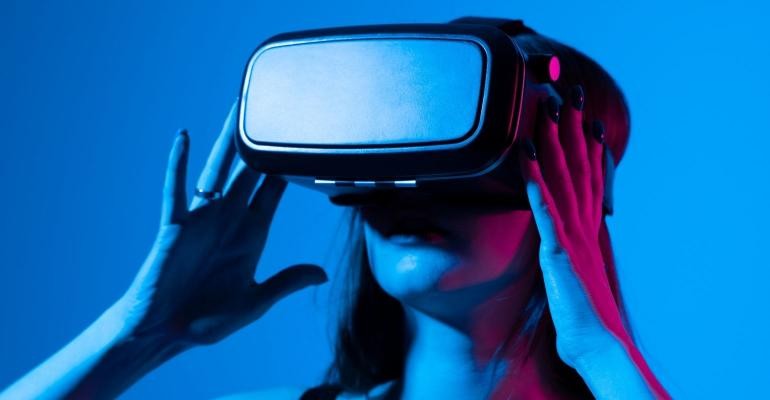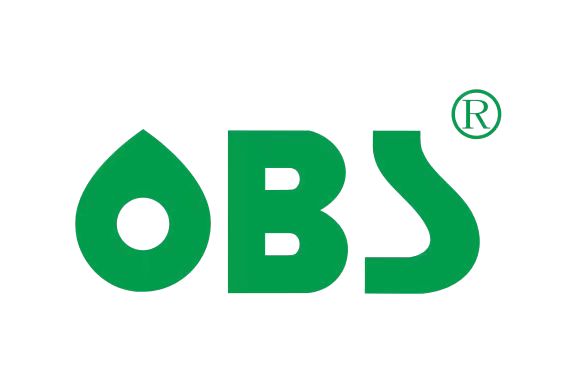The dawn of the metaverse in healthcare
Are we approaching a new era in healthcare with the arrival of the metaverse? Aravind Upadhyaya, Founder and CEO of 8chili Inc, speaks to Omnia Health about the newly launched HintVR™ and its exciting opportunities.
Fatima Abbas | Apr 06, 2022
In the healthcare industry, the metaverse is rapidly gaining traction. Artificial intelligence, augmented reality, the Internet of Things (IoT), virtual reality, quantum computing, and robotics are all expected to change healthcare delivery and enhance patient outcomes. In recent years, augmented reality and virtual reality technologies have advanced tremendously, and they are now frequently employed in medical training, teaching modules, and surgical procedures to perform complex surgeries with extreme precision. These components are also employed in medical device and equipment software and hardware to improve their performance.
During the forecast period, factors such as an expanding patient pool around the world, growing demand to improve patient outcomes, and technological advancements in the healthcare sector are likely to drive market expansion. Other factors expected to fuel market growth in the future are the emergence of metaverse-focused companies around the world, increasing collaborations to develop advanced AR and VR solutions to improve patient output and the overall surgical environment, and rising investments in research and development activities. Related: Is visibility the key to unlocking the cloud in healthcare? To help shape solutions that focus on delivering experiences over products, 8chilli is rooted in deep technology and their product, HintVR™ is a metaverse platform designed to support surgeons to engage patients in immersive and interactive ways pre- and post-op, medical education, and 3D immersive training.
Aravind Upadhyaya, Founder and CEO, discusses the details. Excerpts from the interview: Is the healthcare landscape changing since the announcement of the metaverse? How will it lend itself to healthcare and is it necessary to align with this development by introducing products and solutions?
Healthcare applications are all about the evidence, and to clear the fad from the fact, multiple randomised control trials continue to take place across the world to prove the efficacy of the VR system over traditional methods. The metaverse is here to stay and we need to adapt. As and when the hardware becomes pervasive, people are expected to spend more time in the metaverse, which is why the first-mover advantage is to devise a strategy now.
The lessons learned from the implementation will be valuable. In the last five years VR, especially in healthcare, has proven to be the silver lining to attract top talent, most patients, and provide them with the best experience. Health systems and educational institutions that do not embrace this advanced technology for better patient care and training needs will lose the battle in the next eight years.






























